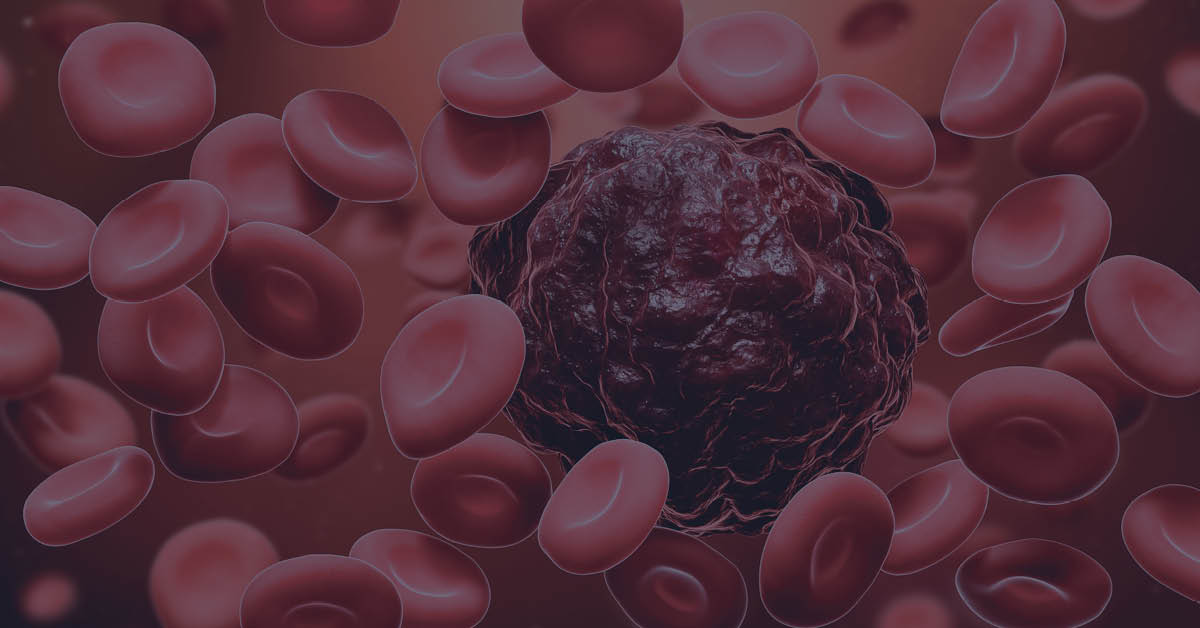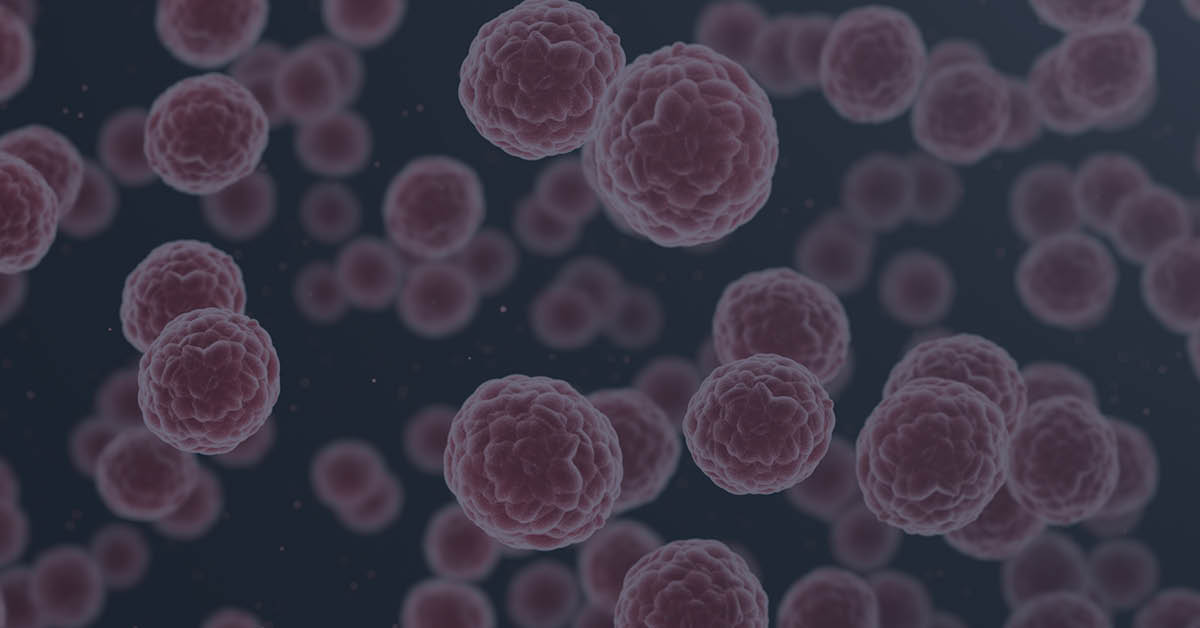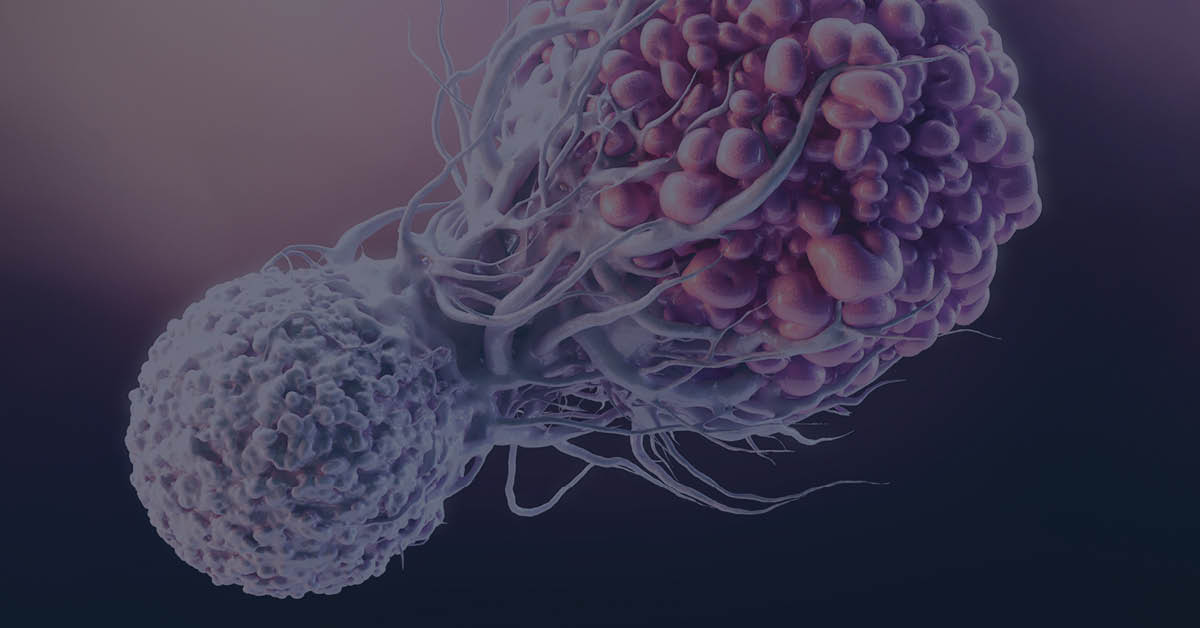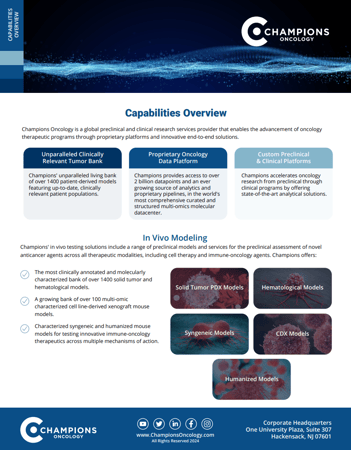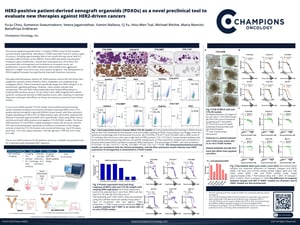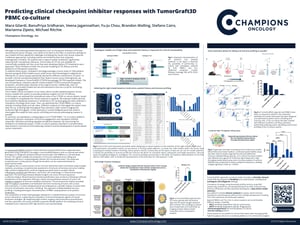Champions Organoid Platform
Clinically Relevant Organoids. Real Tumor Biology. Results in Days.
Champions Oncology’s Organoid Platform delivers low-passage, assay-ready PDX-derived organoids (PDXOs) that retain patient-specific tumor biology—including heterogeneity, mutational complexity, and treatment history—without the limitations of traditional Matrigel-based PDO systems.
- Preclinical Oncology CRO Services | Clinical Trial Specialty Testing
- PDX Derived Organoids (PDXOs)
Why Champions Organoids Are Different
Clinically Relevant Biology
Derived from PDX tumors of heavily pretreated patients
Faster Timelines
Delivered as assay-ready vials for rapid study start
Matrigel-Free Culture
Eliminates drug diffusion barriers and imaging artifacts
Expanded Disease Coverage
Including prostate, GBM, and melanoma—rare in standard PDO platforms
Applications and Advantages
Champions’ Ex Vivo Platform is designed to accelerate drug development and reduce risk by delivering translationally relevant data faster. Built on highly characterized, PDX-derived organoids (PDXOs), it supports small molecules, biologics, antibody-drug conjugates (ADCs), immuno-oncology agents, and radiopharmaceuticals, all within a high-throughput framework. Every model retains the complexity and treatment history of real patient tumors, improving the likelihood that preclinical findings will translate into clinical success.
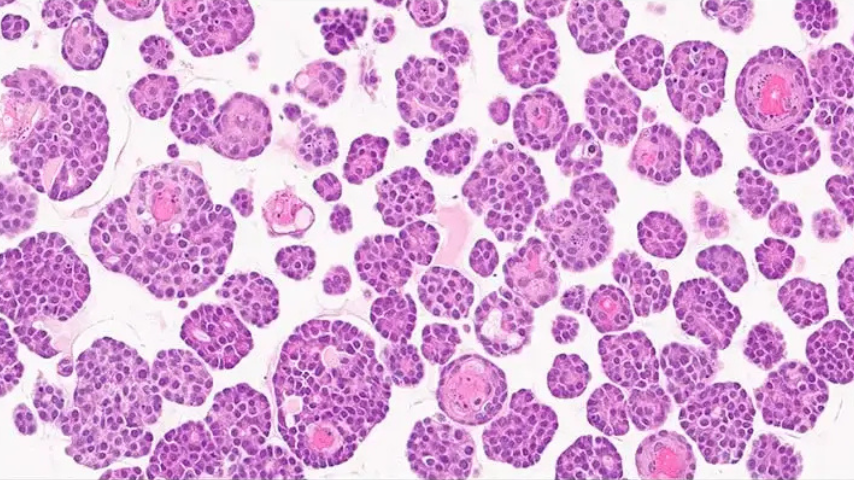
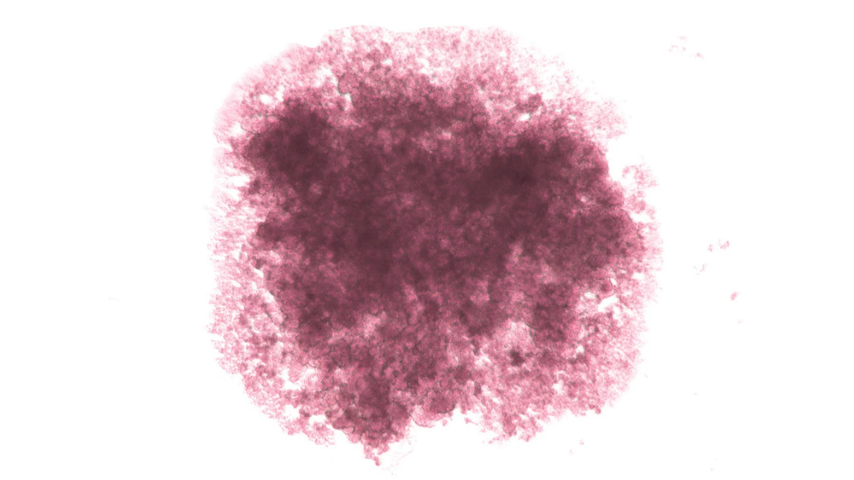
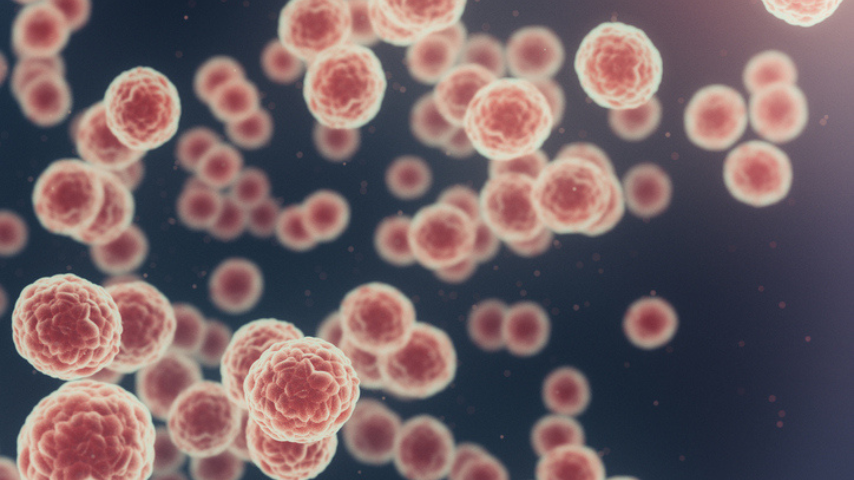
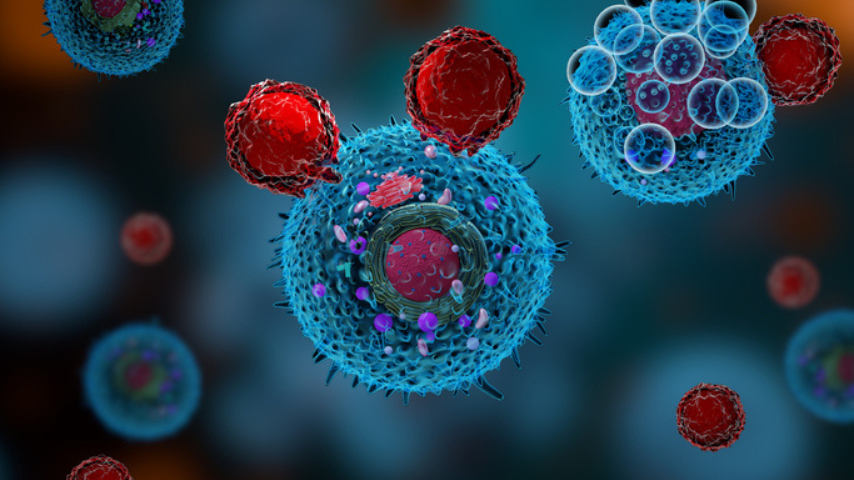
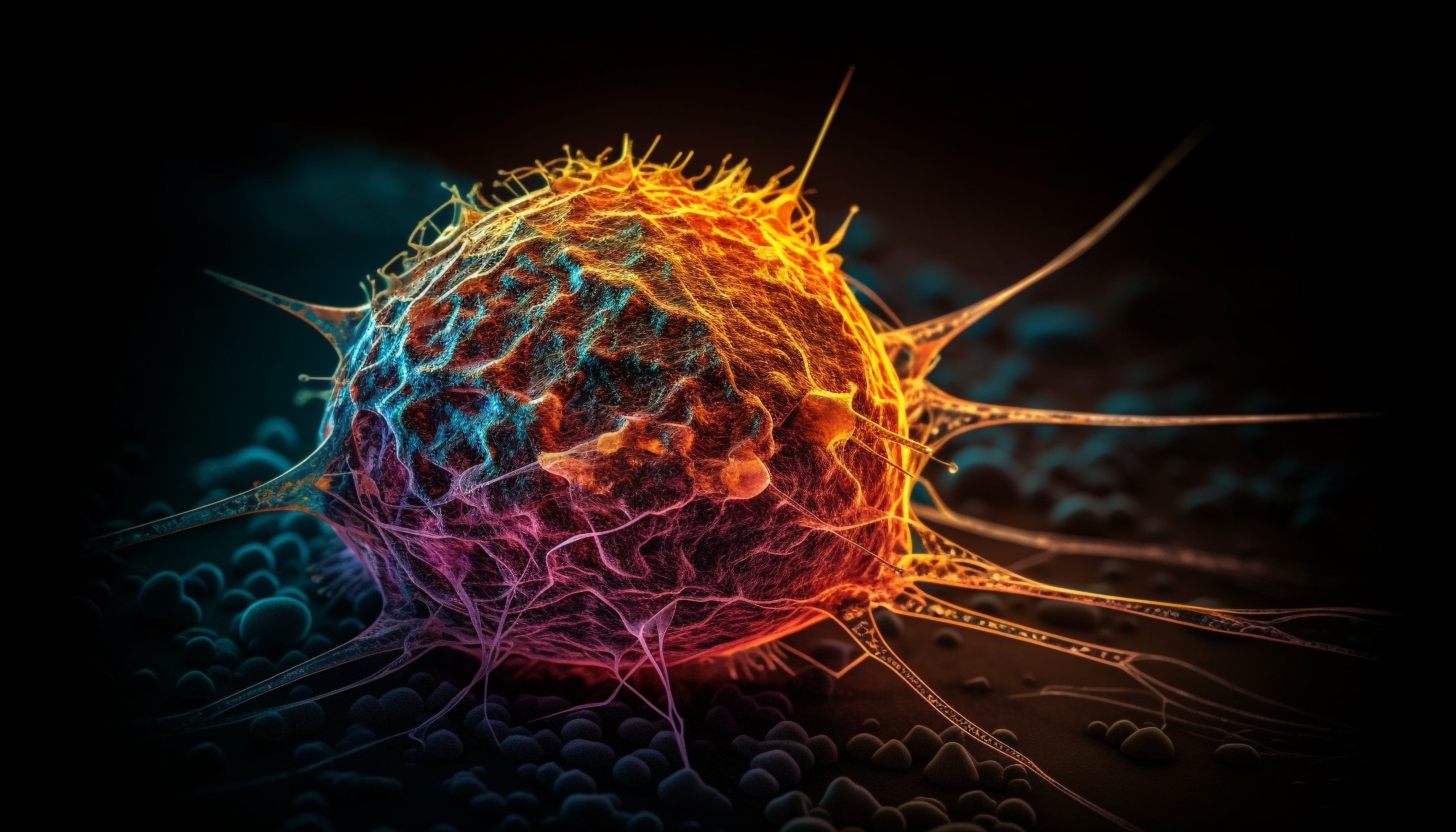
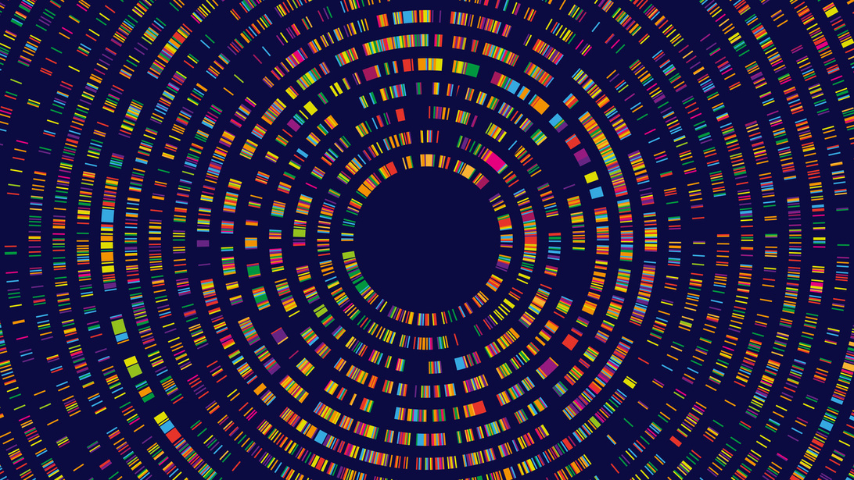
The Champions Advantage
Tumor Source
Champions Organoid Platform:
Low-passage PDX tumors with clinical annotations
Conventional PDO Systems:
Dissociated patient tumor cells expanded in vitro
Matrix Requirement
Champions Organoid Platform:
Matrix-free workflow, optimized ECM in plate format
Conventional PDO Systems:
Dependent on Matrigel domes/coatings
Assay Readiness
Champions Organoid Platform:
Assay-ready
Conventional PDO Systems:
Requires pre-assay expansion
Model Fidelity
Champions Organoid Platform:
Pre-treated, mutationally complex, clinically relevant
Conventional PDO Systems:
Often treatment-naïve with limited heterogeneit
A Partner in Translational Oncology
Champions’ scientists work as partners in study design, helping clients get the right answers—not just more data. Every project is built for scientific rigor, translational relevance, and speed. Our expertise ensures that each study generates meaningful insights to support confident, evidence-based decisions.
“The realistic tumor microenvironment provided by these models has allowed us to conduct more relevant studies, driving forward our drug development programs."
Identify the Best Ex Vivo Platform for Your Project
